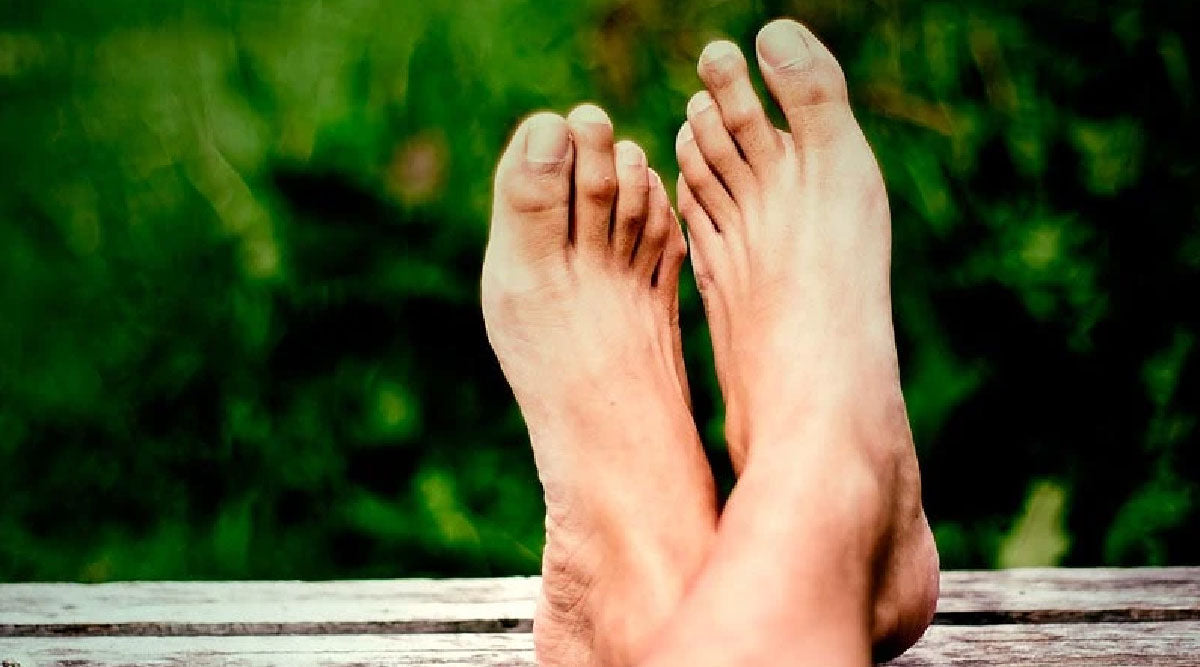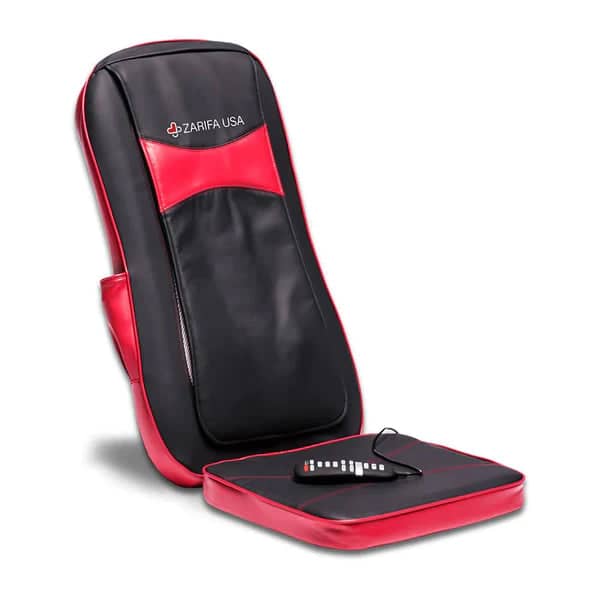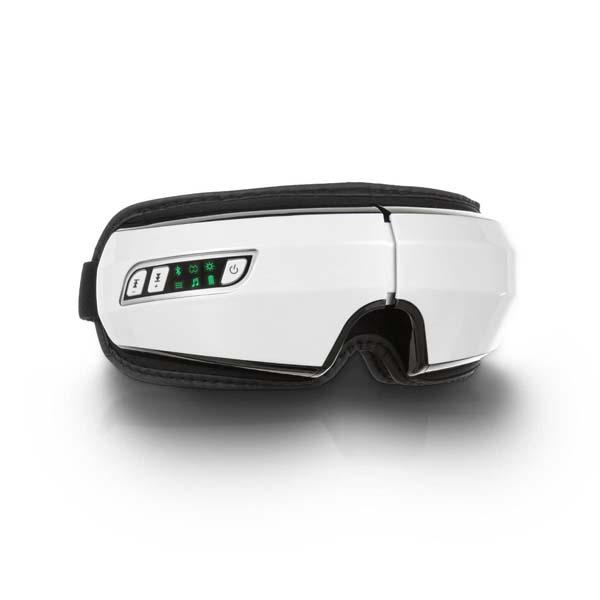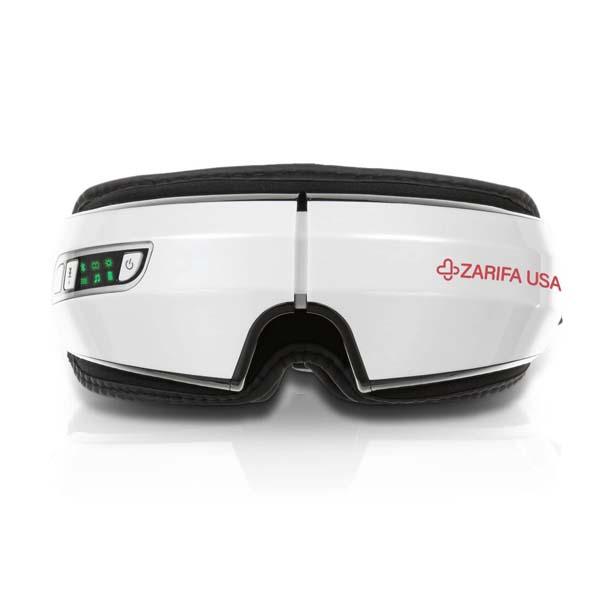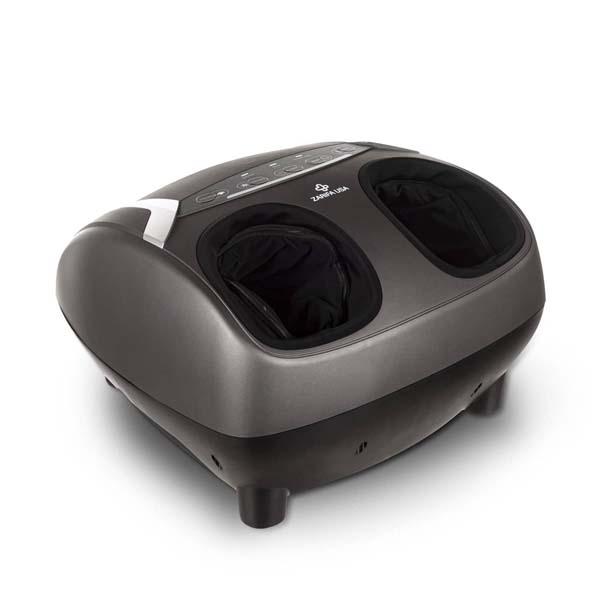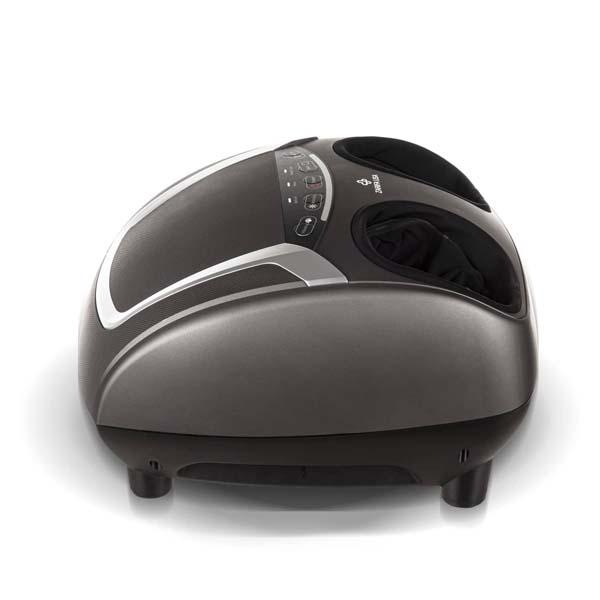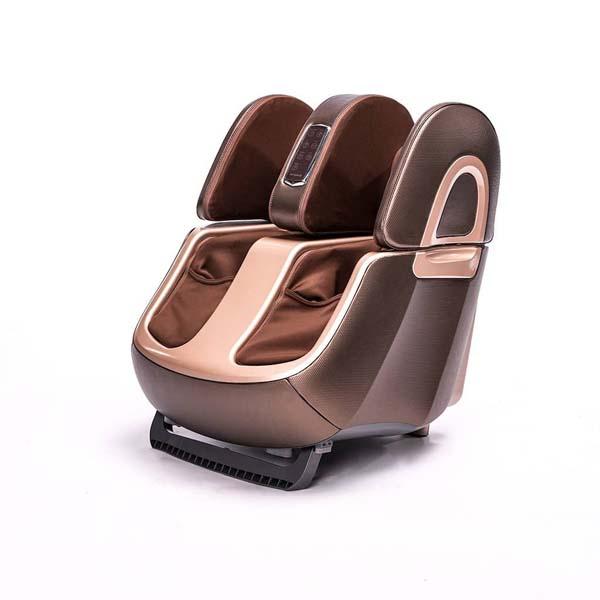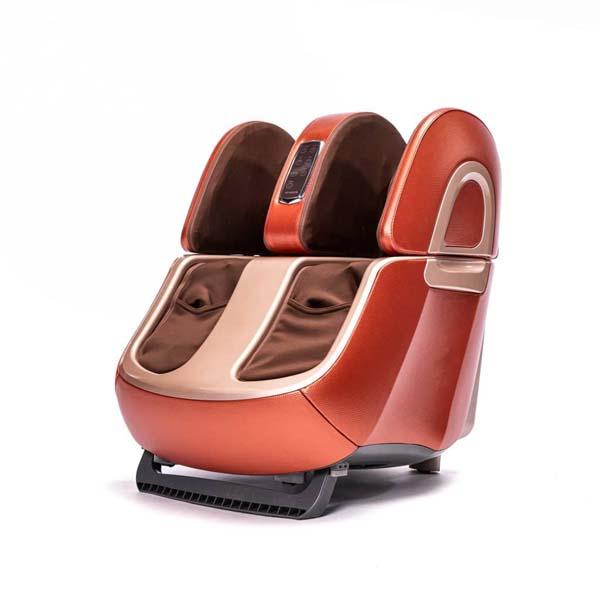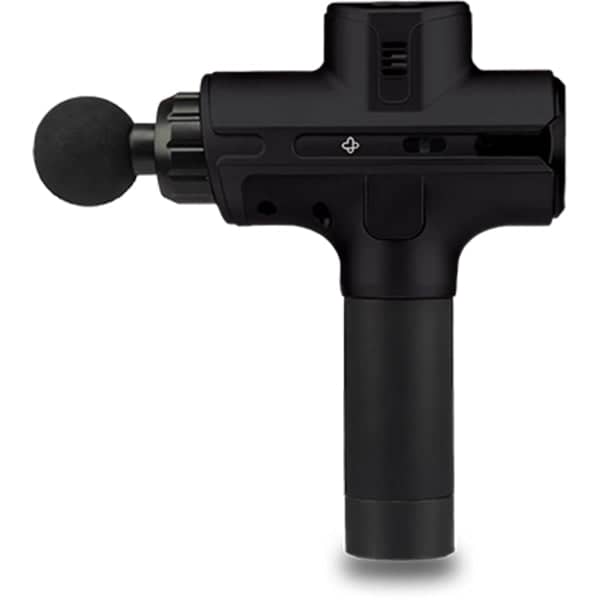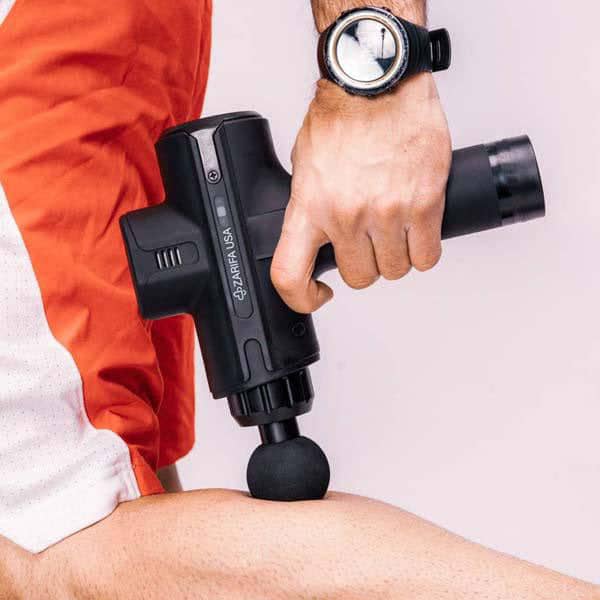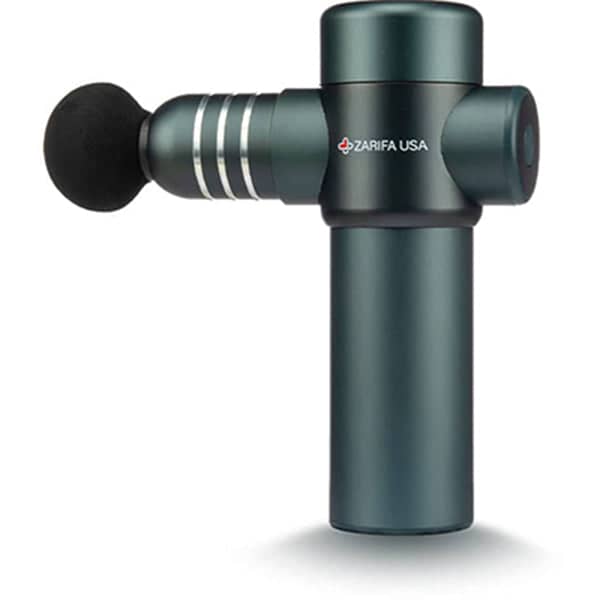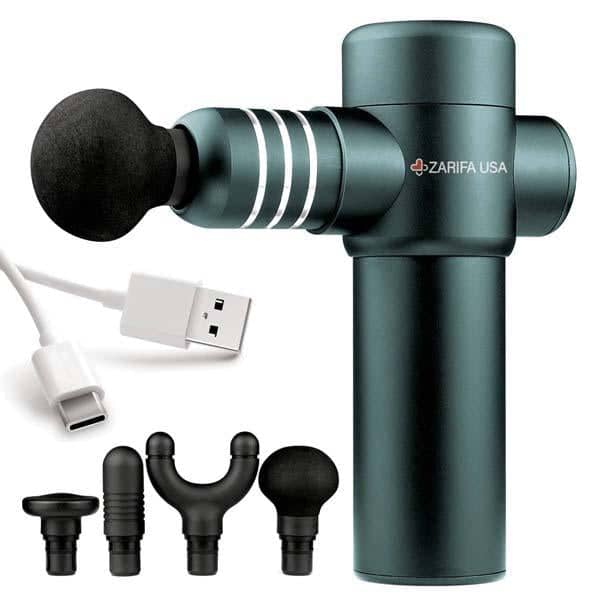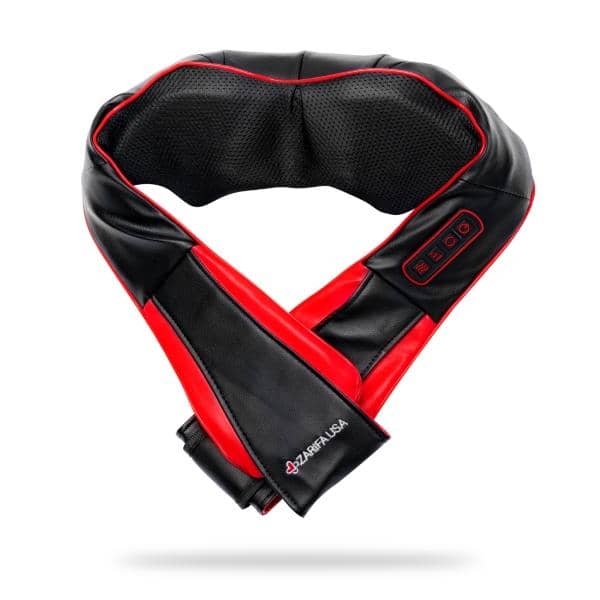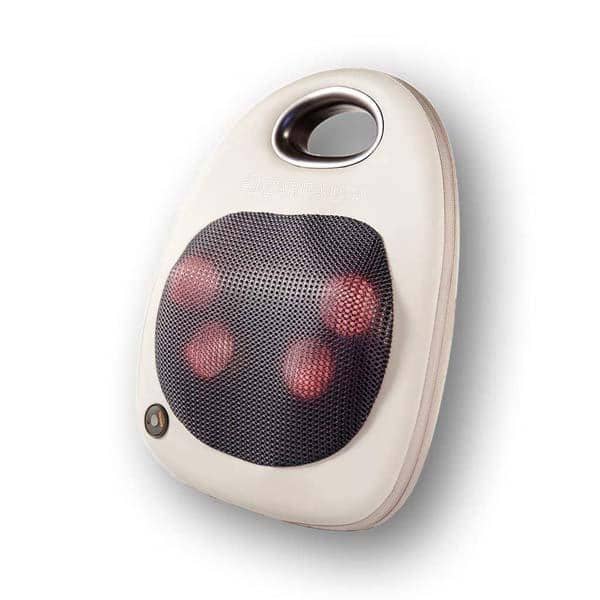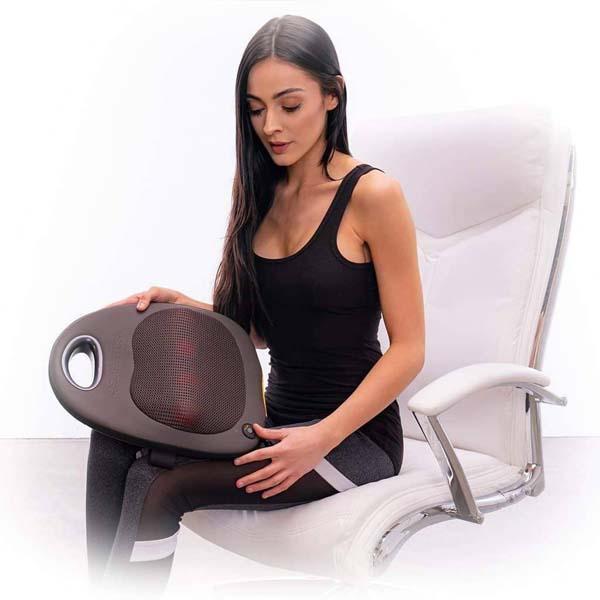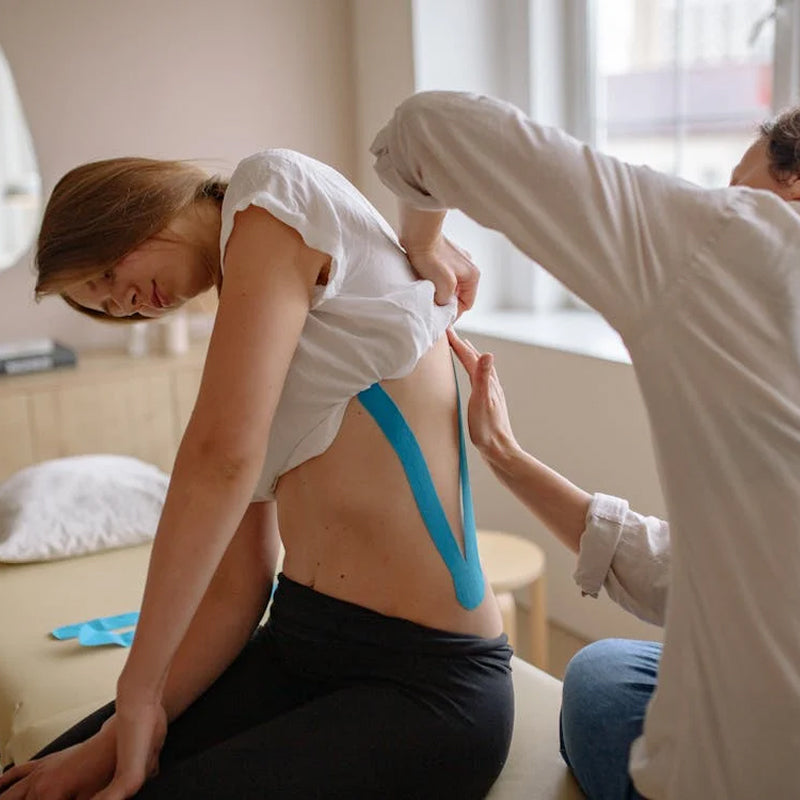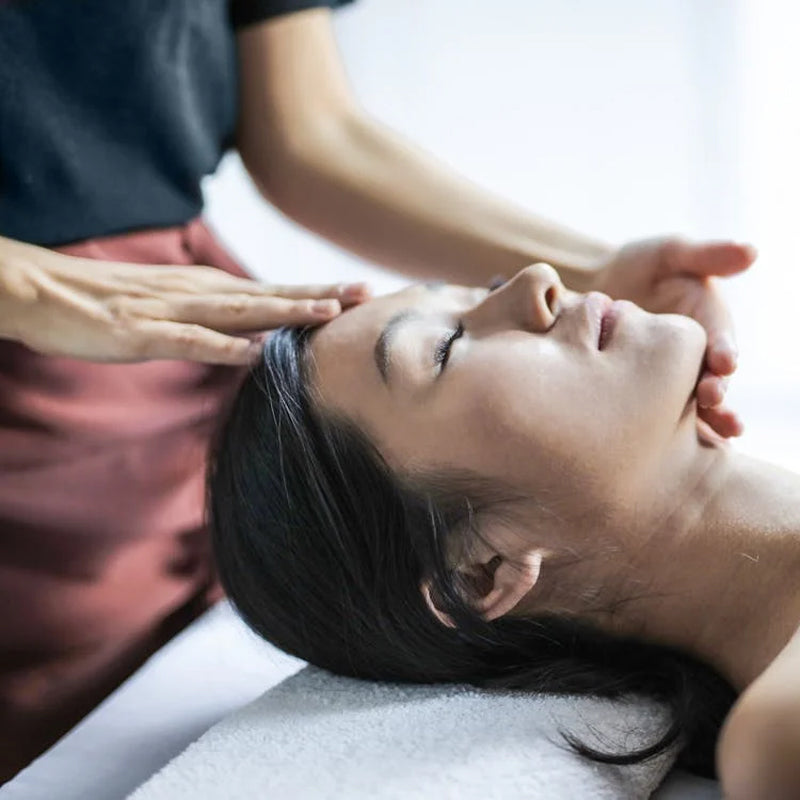Do you know what the peripheral nervous system is? This is system of nerves in charge of sending signals to and from your brain and your spinal cord (the body’s central nervous system). So, what they for? They help you feel when your skin touches something and play a role in controlling muscle movement and other bodily functions.
Now, think of what happens if this system of nerves becomes damaged: the ability to feel sensation would be impaired or maybe even completely lost. Your muscles would become weak, meaning movement is affected and limited. Moreover, you may even experience lingering pain, for which massage therapy can offer significant pain relief. This is what is known as neuropathy. One or more peripheral nerves can be damaged and affected by neuropathy.
What causes neuropathy?
Neuropathy can be genetic or acquired. Meaning you’ve either had neuropathy since birth or it has developed along the way.
Many neuropathy cases are acquired and symptomatic, which means that another disease or condition caused them. Symptomatic cases may include those that result from diabetes, infection, autoimmune diseases, vitamin deficiency, nerve trauma or pressure, toxin exposure, chemotherapy, and other medications, and more. Then again, some neuropathy cases have no known cause, this is also known as idiopathic neuropathy.
Advanced symptoms of peripheral nerve damage
Symptoms of nerve damage can create a great deal of difficulty in people’s lives. Physical touch can become unbearable because of the amount of pain it causes. From intolerance to touch to GI issues, peripheral nerve damage symptoms vary based on the nerves affected.
Muscle weakness, cramps, shrinking muscles, and uncontrollable muscle twitching can be signs of motor nerve damage. Sensory nerve damage can inhibit your ability to feel sensation in your hands and feet, and provoke the body’s pain receptors to fire spontaneously, causing severe discomfort from even a gentle touch. Symptoms of autonomic nerve damage might include intolerance to heat, gastrointestinal problems, and high blood pressure.
How is neuropathy treated?
Once you have had a thorough medical evaluation and diagnosis, you can start looking into options to treat the symptoms you experience. Among the popular choices are proper diet and lifestyle modifications. What if you need medication? You may be reliant on pain relievers or topical creams to manage the accompanying painful and tingling sensations. Physical therapy might also be advantageous if you are experiencing muscle weakness.
But is there an alternative way cope with this condition? Yes, there is: massage therapy. And what are these benefits that can help you manage neuropathy?
Benefits of massage** therapy for neuropathy**
Massage therapy can be highly beneficial patients with nerve damage or tingling and burning sensations in the skin, hands, and feet. Caregivers may administer massage therapy, and a trained therapist can be effective in targeting the proper areas and using the right amounts of pressure. The most important thing for anyone giving a massage is understanding your pain tolerance threshold and where discoloration may appear on the body.
Massage chairs can be an easy and convenient way to get a targeted, customized massage. You control the settings, including speed and strength of the massage, putting you in full control. A combination of light strokes, kneading, and light pressure will increase blood flow and circulation. With regular use of massage therapy treatment, those with numbness and tingling sensations may find their pain tolerance has increased.
Massage therapy helps with pain management
Have you felt paint like your feet were on fire? This is often referred to as burning feet and it’s very common among people with neuropathy. The chronic pain can be so severe that walking or simply standing on your feet becomes virtually impossible. So, how can massage help you with neuropathic pain management?
A study conducted on post-operative care for patients who underwent surgery shows that decreased pain levels were observed in patients who were given massage therapy. The study noted one of the physiological effects of massage includes closing the brain’s “pain gate”. In other words, it changes the way that the brain receives pain signals.
Massage therapy helps improve blood circulation
Have you ever had a massage and felt invigorated right after the session? This is because it helps in improving the blood flow of your body. You can count on that same benefit if you suffer from neuropathy.
Massage, including heated massage, has been known and recognized to be effective to manage neuropathic pain and quality of life in Diabetic Patients. It may be challenging to get access to regular massage during the pandemic, but some massage chair can do it perfectly.
For example, a study diabetic patient with peripheral neuropathy found that patients who received foot massage reported improved symptoms. Researchers explained that direct pressure from massage therapy pushes blood away from areas of poor circulation. The result of this the pressure distribution relieves pressure from the affected nerves.
What about when neuropathy causes trouble with your muscles and movement?
Massage therapy also helps improve range of motion and balance
From the same study that demonstrated improved blood circulation among neuropathic diabetic patients, more observations were noted. Massage can help in regaining muscle control and balance, resulting in a physically rehabilitating effect on the patients. So, how is this possible with massage?
As massage improves blood circulation and relieves pressure from the affected nerves, it then returns sensation on the skin. How does this help you if you are suffering from neuropathy in the legs and feet? When sensation on the skin, especially on the bottom of your feet, is restored, you address the numbness that comes with neuropathy. As you start regaining sensation, you can expect to regain muscle strength.
Understanding Neuropathy: The Role of Massage Gun for Neuropathy
Definition and Explanation of Neuropathy
Neuropathy is a condition that affects the peripheral nervous system, which is responsible for sending signals to and from the brain and spinal cord. This system plays a crucial role in controlling muscle movement, sensation, and various bodily functions. When one or more peripheral nerves are damaged, it leads to neuropathy, resulting in impaired or lost sensation, muscle weakness, and pain. Imagine trying to move or feel without the proper signals from your nerves—this is the daily challenge faced by those with neuropathy.
The Science Behind Neuropathy
Neuropathy is a multifaceted condition that disrupts the peripheral nervous system, which is responsible for transmitting signals between the brain and the rest of the body. This intricate network of nerve cells, or neurons, controls essential functions such as movement, sensation, and organ activity. When neuropathy strikes, these nerve cells suffer damage, leading to muscle weakness, impaired sensation, and chronic pain.
The exact science behind neuropathy is still being unraveled, but researchers have identified several key mechanisms that contribute to its development:
- Axonal Degeneration: This process involves the gradual breakdown and death of nerve cells in the peripheral nervous system, leading to a loss of function.
- Demyelination: The myelin sheath, a protective layer surrounding nerve cells, can become damaged or destroyed, disrupting the efficient transmission of nerve signals.
- Inflammation: The body’s immune response to injury or infection can release pro-inflammatory chemicals that further damage nerve cells.
- Oxidative Stress: Free radicals, unstable molecules that cause cellular damage, can lead to oxidative stress, exacerbating nerve cell injury.
Understanding these underlying mechanisms is crucial for developing targeted treatments that address the root causes of neuropathy. By focusing on these scientific insights, researchers and clinicians can work towards more effective therapies to manage and potentially reverse the condition.
Common Causes of Neuropathy
Neuropathy can be either genetic or acquired. Genetic neuropathy is present from birth, while acquired neuropathy develops later in life due to various factors. Acquired neuropathy is often symptomatic, meaning it is caused by another underlying condition. Common causes include diabetes, infections, autoimmune diseases, vitamin deficiencies, nerve trauma or pressure, toxin exposure, chemotherapy, and certain medications. In some cases, the cause remains unknown, leading to what is termed idiopathic neuropathy. Each of these factors can disrupt the normal functioning of the peripheral nerves, leading to the symptoms associated with neuropathy.
Diagnosing Neuropathy
Diagnosing neuropathy can be a complex and challenging process, as its symptoms often mimic those of other conditions. A comprehensive diagnosis typically involves a combination of clinical evaluation, laboratory tests, and imaging studies.
During the clinical evaluation, a healthcare provider will take a detailed medical history and perform a physical examination to assess symptoms, medical background, and physical function. A neurological examination may also be conducted to evaluate nerve function and identify any abnormalities.
Laboratory tests are essential for ruling out other potential causes of the symptoms. These tests might include blood work to check for diabetes, vitamin deficiencies, or other conditions that can lead to neuropathy.
Imaging studies, such as electromyography (EMG) and nerve conduction studies (NCS), are often used to assess nerve function and pinpoint abnormalities. These tests provide valuable insights into the extent of nerve damage and help confirm the diagnosis of neuropathy.
In some cases, a nerve biopsy may be performed to examine the nerve tissue directly, providing a definitive diagnosis. This comprehensive approach ensures that the diagnosis is accurate, allowing for the most effective treatment plan to be developed.
Symptoms of Neuropathy: Muscle Tension
The symptoms of neuropathy can vary widely depending on which nerves are affected. Motor nerve damage can lead to muscle weakness, cramps, shrinking muscles, and uncontrollable muscle twitching. Sensory nerve damage might result in an inability to feel sensations in the hands and feet, causing severe discomfort even from a gentle touch. Autonomic nerve damage can cause intolerance to touch, pain, gastrointestinal problems, and other issues. These advanced symptoms can significantly impact daily life, making simple tasks challenging and sometimes unbearable.
Massage therapy, in particular, can help increase blood flow, reduce muscle tension, and provide pain relief. Massage guns are particularly effective tools to relieve pain by applying vibration and percussion to specific muscle areas, thereby reducing tension and improving blood flow.
Treatment Options for Neuropathy
Treatment options for neuropathy are tailored to the underlying cause and the severity of the symptoms. The primary goals are to manage symptoms, slow the progression of the condition, and enhance the patient’s quality of life.
Medications are often prescribed to alleviate symptoms such as pain, numbness, and tingling. Common medications include:
- Pain Relievers: Over-the-counter options like acetaminophen or ibuprofen can help manage mild pain.
- Anticonvulsants: Drugs like gabapentin or pregabalin are effective in reducing nerve pain.
- Antidepressants: Medications such as amitriptyline or duloxetine can help manage chronic pain.
- Topical Treatments: Creams or ointments containing capsaicin or lidocaine can provide localized pain relief.
Physical therapy is another cornerstone of neuropathy treatment. A physical therapist can design a personalized exercise program to improve mobility, strength, and balance. This tailored approach helps patients regain function and reduce muscle weakness.
Alternative therapies, such as acupuncture and massage therapy, can also be beneficial. These therapies aim to manage symptoms and improve overall well-being. Massage therapy, in particular, can help increase blood flow, reduce muscle tension, and provide pain relief.
In severe cases, surgery may be necessary to relieve pressure on the nerves or repair damaged nerve tissue. This option is typically considered when other treatments have not provided sufficient relief.
How Massage Therapy Can Help Relieve Pain
Benefits of Massage Therapy for Neuropathy: Increase Blood Flow
Massage therapy can be a game-changer for those suffering from neuropathy. It offers a range of benefits, particularly for patients experiencing nerve damage or tingling and burning sensations in the skin, hands, and feet. One of the primary advantages of massage therapy is its ability to increase blood flow and circulation, which helps relieve pressure from the affected nerves. Regular massage sessions can lead to increased pain tolerance and a reduction in neuropathic symptoms.
Using a massage gun can be an effective way to relieve pain and muscle tension associated with neuropathy. Massage gun therapy works by increasing blood flow and reducing inflammation, which in turn alleviates pressure on the nerves. Techniques such as percussive therapy, vibration therapy, and trigger point therapy can be employed using a massage gun to target specific areas of discomfort. These methods help release tension in the muscles, providing much-needed relief.
A physical therapist or healthcare professional can offer valuable guidance on how to use a massage gun safely and effectively for neuropathy. In addition to massage gun therapy, other forms of massage therapy, such as physical therapy and manual therapy, can also be beneficial. These therapies can improve range of motion, balance, and strength, while also reducing pain and muscle tension.
Overall, massage therapy, including the use of massage guns, can be a valuable tool in managing the symptoms of neuropathy and enhancing the overall quality of life. Whether through increased blood flow, reduced muscle tension, or improved physical function, massage therapy offers a holistic approach to pain management and relief.
Using a Massage Gun for Neuropathy
A massage gun can be a valuable tool for managing the symptoms of neuropathy. By employing percussive therapy, a massage gun stimulates the nerves and enhances blood flow to the affected areas, providing much-needed relief.
To use a massage gun for neuropathy, follow these steps:
- Consult with a Healthcare Provider: Before starting any new treatment, it’s crucial to discuss it with your healthcare provider to ensure it’s appropriate for your condition.
- Choose the Right Massage Gun: Select a massage gun designed for neuropathy, featuring adjustable speed and pressure settings to cater to your specific needs.
- Start Slowly: Begin with low speed and pressure settings to avoid overstimulation. Gradually increase the intensity as your body adapts.
- Target Affected Areas: Focus on the areas most affected by neuropathy, such as the feet, legs, or hands. Use the massage gun to gently massage these areas.
- Duration and Frequency: Aim for 10-15 minute sessions, 2-3 times per day. Consistency is key to achieving the best results.
- Combine with Other Therapies: Use the massage gun in conjunction with other treatments, such as physical therapy or medication, as recommended by your healthcare provider.
By following these steps, individuals with neuropathy can effectively use a massage gun to stimulate nerves, improve blood flow, and reduce pain and discomfort. This approach, combined with other therapies, can significantly enhance overall well-being and quality of life.

